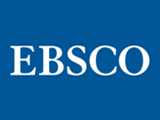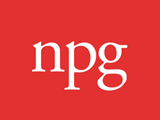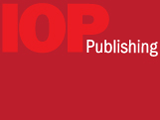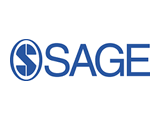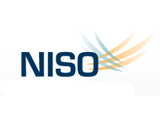Allen Press, Inc., will present its annual Emerging Trends in Scholarly Publishing™ Seminar on April 24, 2014, at the Hyatt Regency Washington on Capitol Hill.
The 2014 seminar is titled A Matter of Perspective. Leaders in the field of scholarly and electronic publishing will share their expertise, experience, and analysis on a variety of topics ranging from public access, technology, alternative metrics, and the future of publishing.
Speakers this year include Fred Dylla from the American Institute of Physics, Howard Ratner from CHORUS, and Prue Adler from SHARE, who will provide an understanding of mandating public access to federally funded research. Eric Newman, Simba Information, and Thad McIllroy, The Future of Publishing, will provide a look at current and future landscapes of medical and scholarly publishing in “Double Exposure: The Present and Future of Publishing.”
Peter Brantley from Hypothes.is and Anthony Williams from Chemspider and the Royal Society of Chemistry will cover web annotation and text and data mining in a session titled “Focal Point: Technologies to Watch.”
The day will wrap up with a final session titled “Zoom In on Alternative Metrics,” moderated by David Crotty of Oxford University Press and The Scholarly Kitchen. This panel will focus on the growth in measuring research as new services are being launched to support the needs of researchers. Speakers are Mark Leader from DORA, Andrea Michalek from Plum Analytics, and Melinda Kenneway from KUDOS.
Roundtable discussions, a popular a regular feature of the seminar, will create an opportunity for in-depth conversation with colleagues in an informal setting. Registration includes breakfast and a networking lunch. For more information or to register, please visit http://allenpress.com/events/2014seminar.
The Emerging Trends in Scholarly Publishing Seminar has been held in Washington, DC, since 2001. Allen Press introduced educational seminars for scholarly publishers more than 30 years ago to bring clients, partners, and experts in the scholarly publishing community together to share knowledge and experience that would help others better understand the issues facing the industry.























